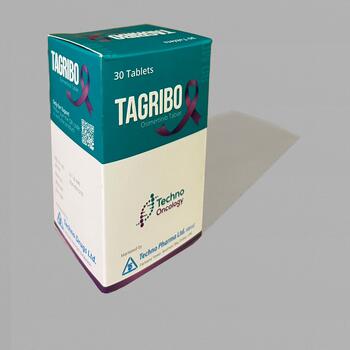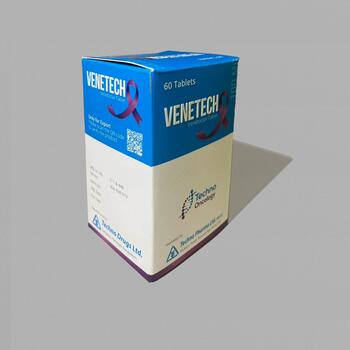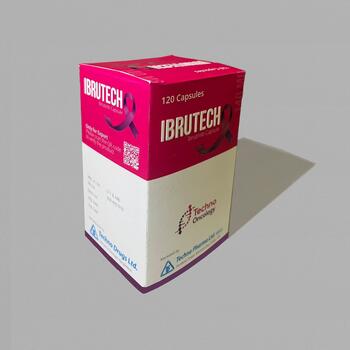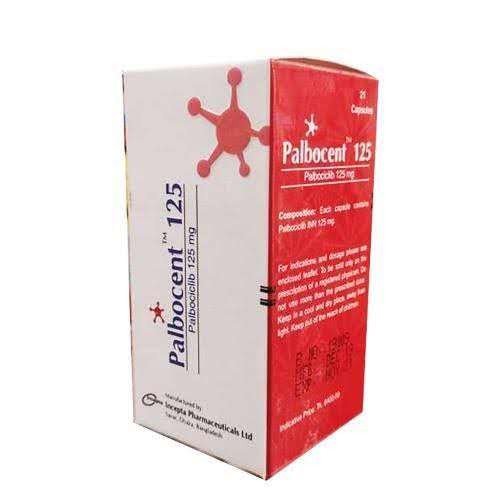奥希替尼(Osimertinib)80mg

1. Ingredients:
Osimertinib (trade name: Tagrisso) is a third-generation epidermal growth factor receptor (EGFR) tyrosine kinase inhibitor (TKI) used to treat non-small cell lung cancer (NSCLC) with EGFR mutations. Its active ingredient is osimertinib methanesulfonate, which mainly inhibits specific types of EGFR mutations, especially T790M drug resistance mutations.
2. Drug mechanisms
EGFR is a receptor involved in cell growth and division. In some NSCLC patients, the EGFR gene is mutated, resulting in abnormal proliferation of cancer cells. Osimertinib selectively inhibits the growth and spread of cancer cells by inhibiting these mutated EGFR, especially the EGFR T790M mutation (a common resistance mechanism after first- and second-generation EGFR TKI treatment). Osimertinib can also cross the blood-brain barrier, so it has a therapeutic effect on non-small cell lung cancer patients with brain metastases.
3. How to use
Osimertinib is usually given in oral tablet form. The recommended dose is 80 mg once daily, taken on an empty stomach or with meals. Patients must be tested for EGFR mutations and the results of the test are used to determine the suitability of this drug. The duration of treatment should be adjusted according to the patient's disease development and the doctor's recommendation.
4. R & D history
Osimertinib, developed by AstraZeneca, was first approved by the FDA in 2015 for the treatment of patients with advanced NSCLC who already have the T790M mutation. Prior to this, first-generation EGFR inhibitors such as gefitinib (Gefitinib) and erlotinib (Erlotinib) had been widely used to treat EGFR-mutated lung cancer, but as patients' resistance to these drugs increased, osimertinib became an important new therapy. Its research focuses on improving treatment outcomes for patients with advanced lung cancer by targeting treatment-resistant mutations.
5. Drug summary
Osimertinib is a third-generation EGFR TKI specifically designed to treat patients with NSCLC with EGFR-sensitive mutations or T790M resistance mutations. Compared to previous generations of EGFR TKIs, osimertinib is more selective for EGFR T790M mutations and has lower side effects and better tolerance.
6. Summary
The appearance of osimertinib has brought significant therapeutic progress to patients with advanced lung cancer, especially after the failure of previous generations of drugs, by precisely targeting mutated genes to prolong survival and improve quality of life. However, the use of osimertinib still requires rigorous medical testing and follow-up to ensure its efficacy and manage side effects.






